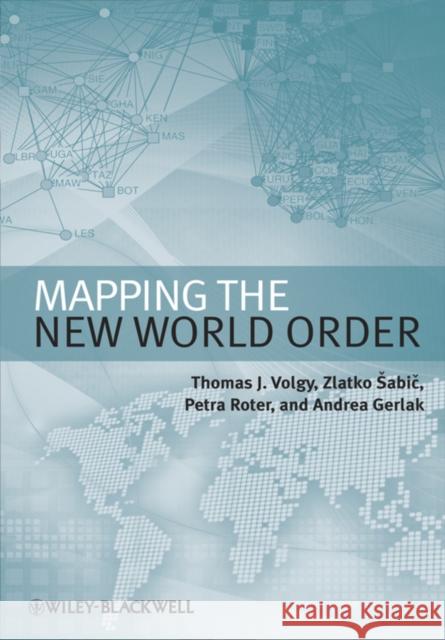Mapping the New World Order » książka
topmenu
Mapping the New World Order
ISBN-13: 9781405169622 / Angielski / Miękka / 2009 / 296 str.
This groundbreaking study maps out and analyzes the development of a global intergovernmental (IGO) institutional architecture in the post World War II era.
- Systematically traces similarities and differences between the institutional architecture of the Cold War and post-Cold War eras
- Examines the range of reasons why states join IGOs, identifies patterns of participation within these organizations, and examines the effects of membership on states
- Considers the impact of the EU on other regional organizations and developments outside Europe
- Provides a strong contribution to the study of international organization and IGO development combining both quantitative and qualitative methodologies











